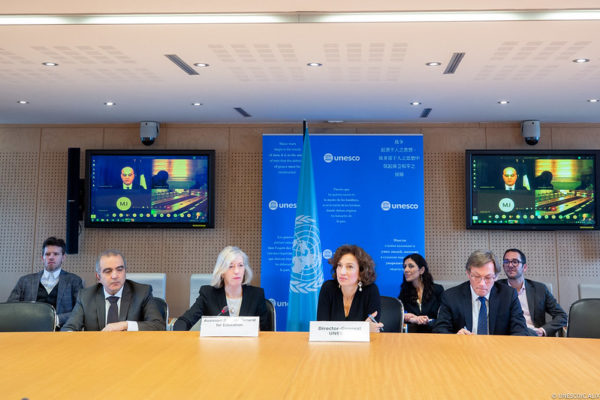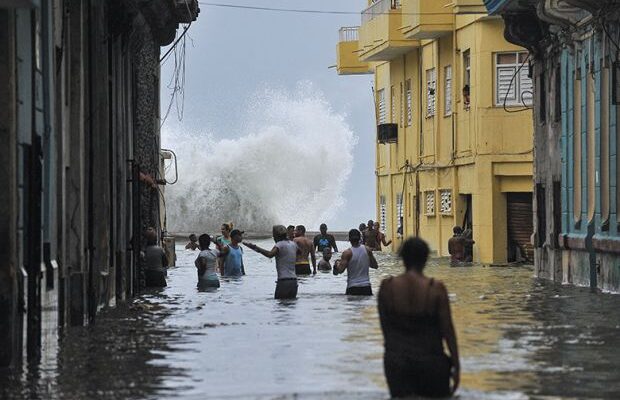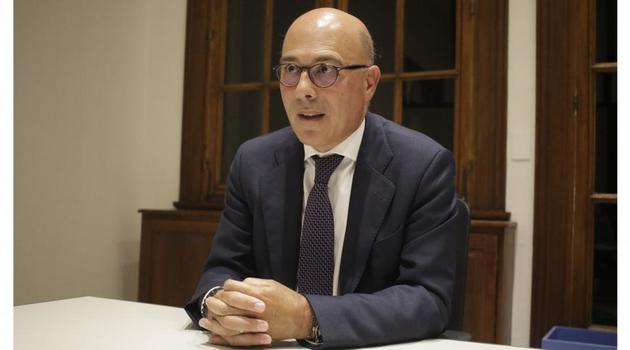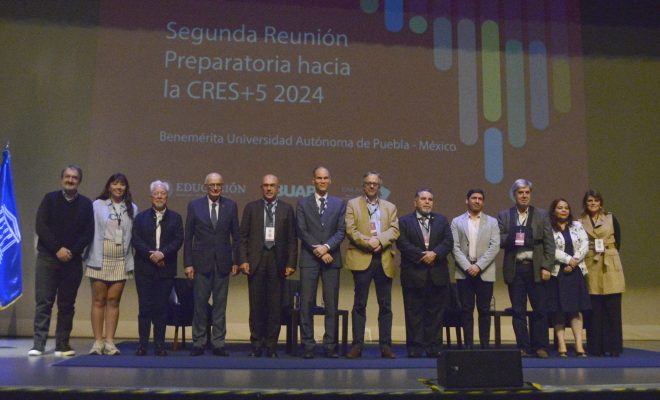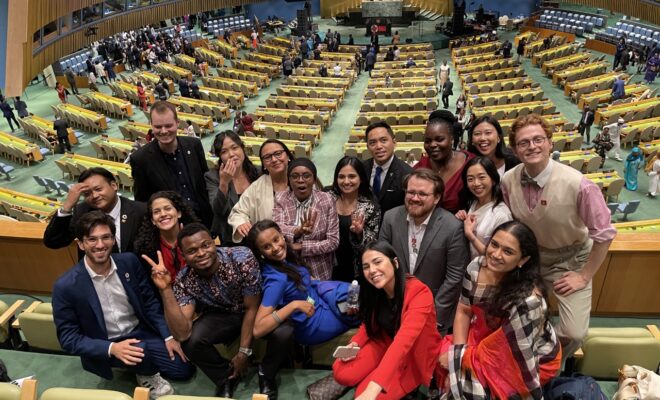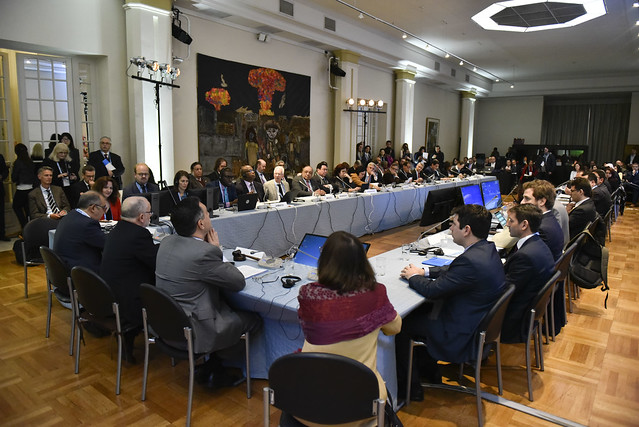Closing now to reopen better tomorrow? Pedagogical continuity in Latin American Universities during the pandemic
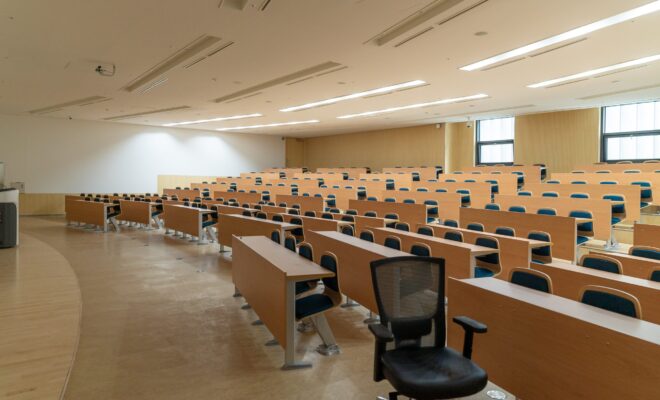
On July 13, in the framework of the Times Higher Education’s Latin American Universities Summit 2021, the UNESCO International Institute for Higher Education in Latin America and the Caribbean (IESALC) presented the study “Close now to reopen better tomorrow? Pedagogical continuity in Latin American universities during the pandemic, based on possible scenarios for the reopening of higher education institutions as part of a process of overcoming the global health crisis.
“The main objective of this research is to highlight the strategies developed by higher education institutions in the region to guarantee pedagogical continuity. It also seeks to understand the context in which pedagogical continuity strategies operate, both from a technological and pedagogical point of view, as well as to provide an overview of the quality of the policy environments in which these initiatives had to be developed,” the document states in its opening words (p. 5).
Based on a survey of a random sample of 100 universities in Latin America, the paper evaluates the performance of universities in distance education, in most cases with more than one platform suitable for e-learning practice since before the pandemic. According to the study, “Eighty percent of the universities already had a technological platform suitable for distance education prior to the pandemic, while an additional 8% created or implemented one as an immediate response to the crisis”.
The survey showed, among other data, that universities continue to use radio and television for higher distance education: 18% of universities have both media, 8% only radio and 3% only television.
As for the actual use of digital teaching platforms, only 68% of the teaching staff regularly connects to their corresponding platform, while in the case of students this percentage rises to 80%.
The main difficulties in taking advantage of the platforms are the lack of digital skills of teachers (65%) and even of students (49%) and a significant percentage of both simultaneously (39%), and the limited access to the Internet at home (58%).
In this transition, universities are trying to ensure pedagogical continuity by adopting solutions that facilitate emergency remote teaching and, progressively, as the duration of the crisis lengthens, by making them evolve towards more qualified virtual teaching, stabilizing the tools and improving the skills of teachers.
It was found, for example, that the most recurrent platform for continuing distance education is Moodle. In Latin America, Moodle is the most adopted by universities (60%), although others such as Google Classroom (30%) and Blackboard (7%) are also used, among other commercial ones, including the universities’ own design and production platforms (21%).
Of the surveyed universities, 44% offer all their students technological, pedagogical and socio-emotional support, the latter two being the most frequent (62% in both cases). Only a relatively low percentage do not offer any of these types of support (7%), but even fewer (1%) have the capacity to offer some type of direct financial support to their students, a capacity that in most countries is only available to public administrations or public or private entities in the form of educational credit.
Conclusions and recommendations
Among its conclusions, the document states that it is most likely that the forms of teaching and learning that have begun as emergency formulas to guarantee pedagogical continuity will evolve and consolidate from the reopening as part of the hybrid model with which we will have to coexist for the time being, and which may become the new pedagogical normality in higher education in the context of a foreseeable restructuring of provision.
There are two fundamental strategies to face this foreseeable restructuring. The first is to recover and the second is to redesign, strategies that should be undertaken by institutions as part of their commitment to the future.
Recovery involves individualized tutoring; small learning groups for remedial learning in subjects that are critical because of their instrumental nature; and summer (or winter) schools that offer compensatory seminars. The redesign, in documenting the pedagogical changes introduced during the crisis and their impacts; Promoting internal reflection on the renewal of the teaching and learning model; Learning from mistakes and scaling digitization, hybridization and ubiquitous learning. “It is to be hoped, in this sense, that there will be many institutions that undertake the path of a necessary pedagogical renewal that favors both quality and also equity.”
Photo by Changbok Ko on Unsplash
RELATED ITEMS
